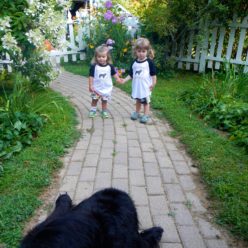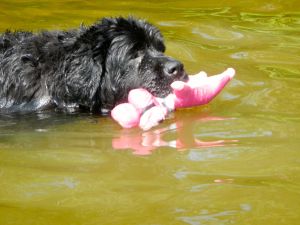I seem to return to certain topics—like reducing virtual desk top clutter. I am once again in the process of reviewing “applications”—I’ve installed (first on my Mac, then on my Ipads, then on my PC’s).I read a thoughtful piece in the New York Times this morning suggesting that the urge to declutter or the perceptions of succeeding in the task may be misguided.And I just ordered a copy of a revised Stephen Covey book to assist in my reordering my priorities.
I have a goal of reducing the 37-years of accumulated office clutter by pulling together all the institutional research have done the past 37 years (thank you former research assistants) and combining it with present data collection processes. however, I am amused and annoyed to discover how technology sometimes makes data acquisition more difficult.
Right now two of my student research assistants are helping me pull together a blog piece dedicated to the Carroll alumni I have known as students across the past 37 years. Take a peak at a work in progress.
Let me know if you’d like a picture of you from year’s gone by. I’ll trade you for one of me OR of you today.

